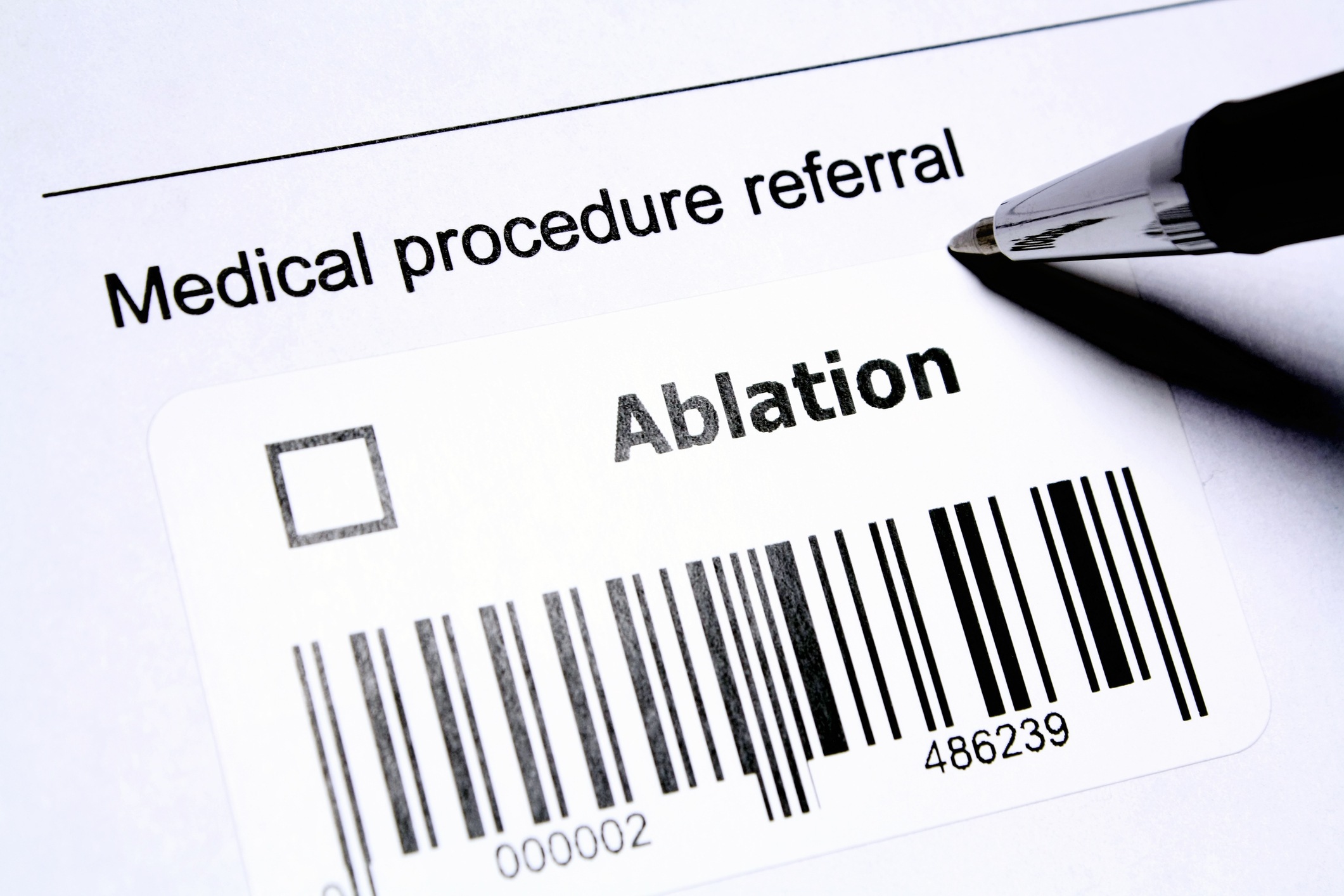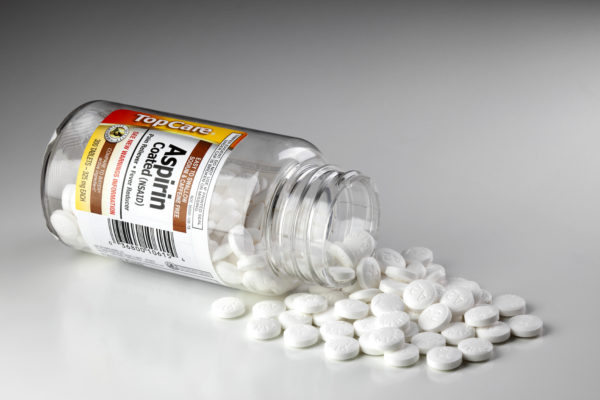
Editor’s Note: This dispatch from ACC.21 was written by Mark Belkin, MD, a cardiology fellow at the University of Chicago. Dr. Belkin is also a correspondent with CardioNerds (@CardioNerds), a DocWire News partner. Follow Dr. Belkin on Twitter (@MarkBelkinMD). This article also features exclusive perspective from Dr. Eugene Braunwald.
WASHINGTON– Sacubitril-valsartan was tolerated in participants with advanced heart failure (AHF) but was not superior to valsartan alone in lowering NT-proBNP levels, according to the results of the LIFE trial presented at the 2021 American College of Cardiology Annual Scientific Sessions (ACC.21).
The landmark PARADIGM-HF study, on which the significant benefits of sacubitril-valsartan were established, enrolled <1% of participants with NYHA IV symptoms (1). LIFE was designed to assess the benefit of sacubitril-valsartan in patients with AHF.
Douglas Mann, MD, from the Washington University in St. Louis, and colleagues designed a prospective, multi-center, double-blinded, double-dummy, active comparator trial that randomized 335 AHF participants to sacubitril-valsartan or valsartan alone. Participants had to have an EF ≤ 35%, NYHA IV symptoms, at least three months of guideline-directed medical therapy, or established intolerance of optimal dosing, elevated natriuretic peptides, systolic blood pressure ≥ 90 mmHg, and at least one additional objective finding of AHF. Following a 3- to 7-day run-in period with low-dose sacubitril-valsartan, participants were randomized and followed for 24 weeks. Enrolled patients were predominantly White men, mean age 58-60, mean EF 20%, with evenly matched groups, except with more ischemic cardiomyopathy in the sacubitril-valsartan arm. Of note, trial enrollment was stopped March 23, 2020 due to concern for the clinical impact from the COVID-19 pandemic, resulting in reduced statistical power.
#LIFE TRIAL #ACC21. Sac/Val vs Val in advance HFrEF
📌not superior to Val with respect to ↘️ NT proBNP levels
📌not improve number of days alive, out of hospital, and free from HF events
📌not ↘️ the risk of death from CV causes or HF 🏥 @secardiologia pic.twitter.com/YdfCuEqwg8— Alfonso Valle (@ValleAlfonso) May 17, 2021
Neither arm of the study achieved the primary endpoint evaluating change in NT-proBNP level from baseline, measured as area under the curve through 24 weeks. Secondary outcomes assessing days alive, out of the hospital, and free from heart failure events, as well as drug tolerability, hypotension, worsening renal function, and hyperkalemia were not significantly different, except for more non-life-threatening hyperkalemia with sacubitril-valsartan. There were no significant differences in major adverse cardiac events, though the trial was not powered for this assessment.
“We did not know much about sacubitril-valsartan for NYHA IV patients as there were only 60 of over 8000 such participants in PARADIGM-HF,” said Randall Starling, MD, a professor of medicine at the Cleveland Clinic, of the results. “Now we know the drug is safe. This is big news, and very important.”
The LIFE trial demonstrated the safety and tolerability of sacubitril-valsartan in AHF, a population not well represented in previous trials. The lack of significant improvement in natriuretic peptides may be due to the decreased cardiovascular and renal effects of angiotensin and neprilysin inhibition in advanced cardiac disease, but further research is warranted. In the meantime, these patients should be referred to AHF cardiologists for advanced options evaluation.
PERSPECTIVE FROM DR. EUGENE BRAUNWALD
LIFE is full of surprises. Here are two. The first surprise: when we began the trial, some observers were concerned that we had a control group that received valsartan alone. They were concerned that sacubitril-valsartan would be superior and that we were depriving very sick patients of a beneficial drug. LIFE showed not even a hint of benefit for SV over V. This is why you conduct research!
The second surprise was that valsartan alone did not reduce NT-proBNP. A probable explanation is that the chronic excessive activation of the renin-angiotensin system overrides the effect of natriuretic peptides on the heart and kidneys.
Finally, it must be acknowledged that LIFE was a relatively small trial and there may yet be additional surprises in the future.
#LIFE Trial #ACC21 @BiykemB
🛑Study stopped early because of #COVID19
🫀Remember this is advanced Heart Failure
<1/3 women in this trialPrimary End Point – Area under the curve (AUC) for the proportional change in NT-proBNP levels from baseline through 24 weeks pic.twitter.com/mgJ26LfC2l
— Dr. Martha Gulati ♥️🫀❤️🩹🇨🇦 (@DrMarthaGulati) May 17, 2021
References
- McMurray JJ, Packer M, Desai AS et al. Angiotensin-neprilysin inhibition versus enalapril in heart failure. N Engl J Med. 2014;371:993-1004.







 © 2025 Mashup Media, LLC, a Formedics Property. All Rights Reserved.
© 2025 Mashup Media, LLC, a Formedics Property. All Rights Reserved.